by Mike Haskew
Born in Branau, Austria, on April 20, 1889, Adolf Hitler rose to lead the Nazi Party in Germany during the 1920s and was appointed the nation’s chancellor in 1933. As a boy, Hitler was abused by his father, a low level officer in the civil service, and adored his mother. He was a frustrated artist who failed to gain entry into the Academy of Fine Arts in Vienna.
[text_ad use_post=”2259″]
Adolf Hitler in World War I
An ardent nationalist, he joined the German Army during World War I. He was decorated for bravery, wounded, and temporarily blinded by poison gas. Disillusioned following Germany’s defeat, Hitler was introduced to the Nazi Party after being sent by military authorities as an intelligence agent to report on the organization’s activities. Instead, he became one of its leaders.
In 1934, Hitler effectively abolished the office of president upon the death of Paul von Hindenburg and concentrated political power and authority in himself. The following year, he repudiated the Versailles Treaty and revealed that Germany had embarked on a campaign of military rearmament. He subsequently formed the Axis, a military and political alliance with Fascist Italy and Imperial Japan.
Indimidation Abroad
While the Nazis persecuted Jews and minorities at home, Hitler intimidated the leaders of other European nations and reoccupied the Rhineland in 1936. He annexed Austria in 1938, and persuaded the prime ministers of Great Britain and France, Neville Chamberlain and Edouard Daladier, to acquiesce to German occupation of the Czech Sudetenland later that year. Within months, German troops occupied the whole of Czechoslovakia. On September 1, 1939, German forces invaded Poland, triggering World War II in Europe.
Although the Nazis were initially successful in occupying much of Western Europe, Hitler was guilty of several strategic blunders, particularly at Dunkirk, allowing much of the British Expeditionary Force to escape capture in the summer of 1940, and in his decision to invade the Soviet Union in June 1941. Defeats during the Battle of Britain, at Stalingrad in the East and El Alamein in North Africa, and the Allied landings in Normandy on June 6, 1944, were turning points of the war in Europe.
Death by Suicide
On April 30, 1945, Adolf Hitler committed suicide with his mistress, Eva Braun, whom he had married hours earlier, in the Führerbunker beneath embattled Berlin as Soviet troops captured the city.
Adolf Hitler’s legacy is one of genocide, murder, and unspeakable cruelty. He remains one of the most infamous dictators in human history.
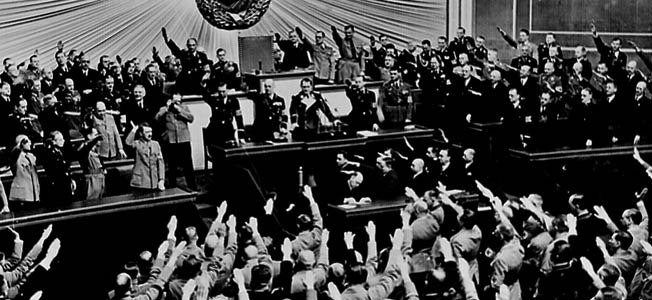
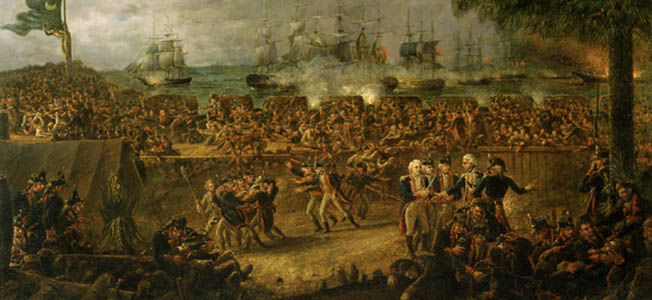
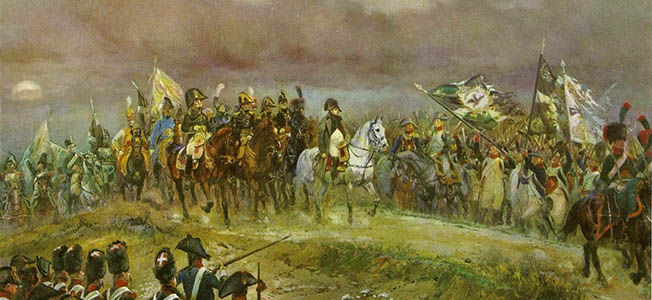
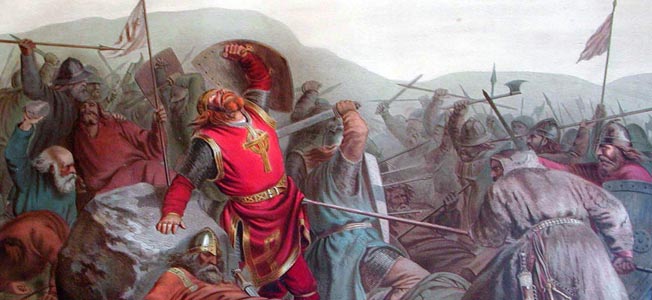
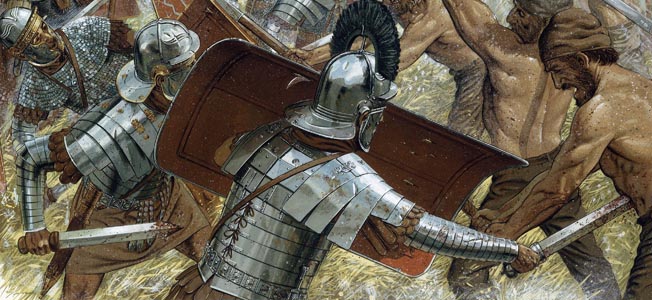

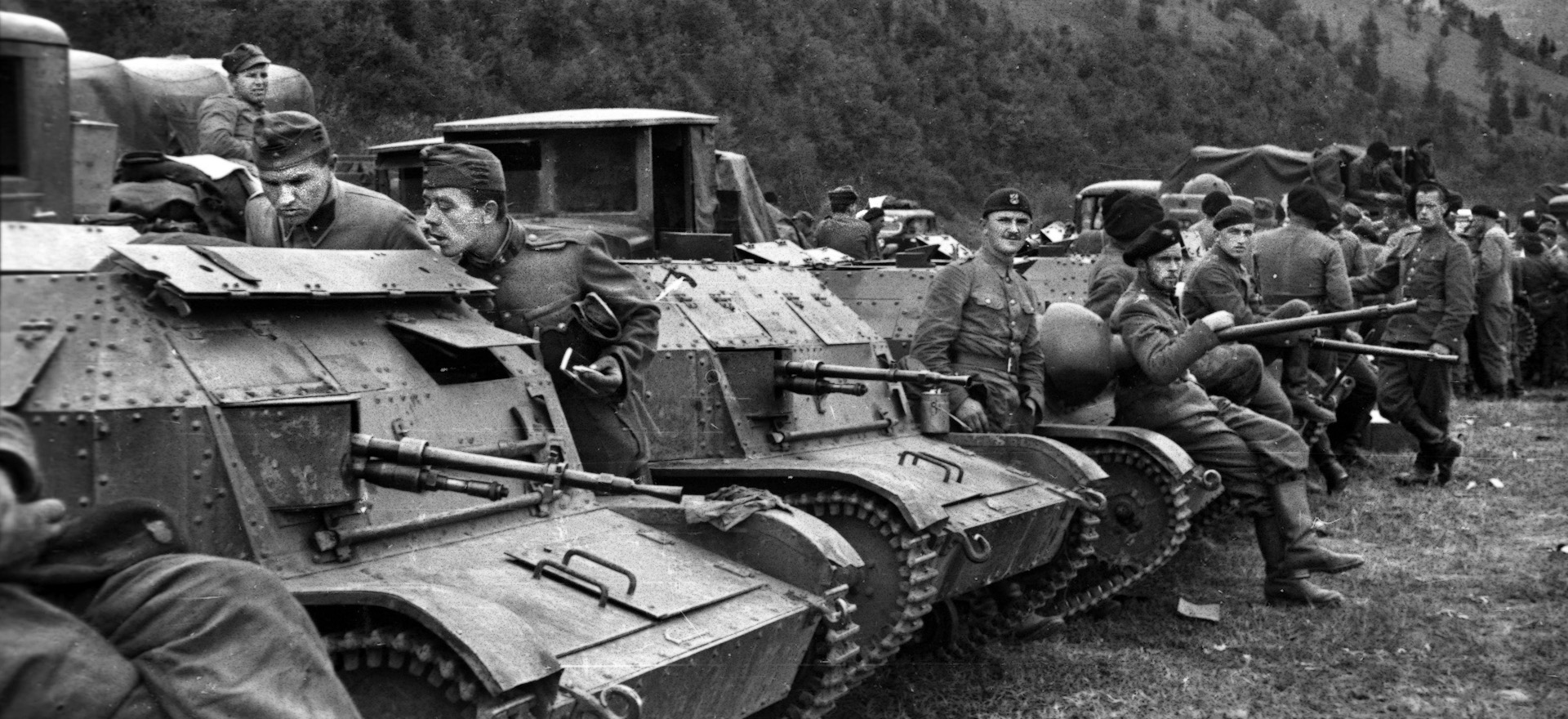
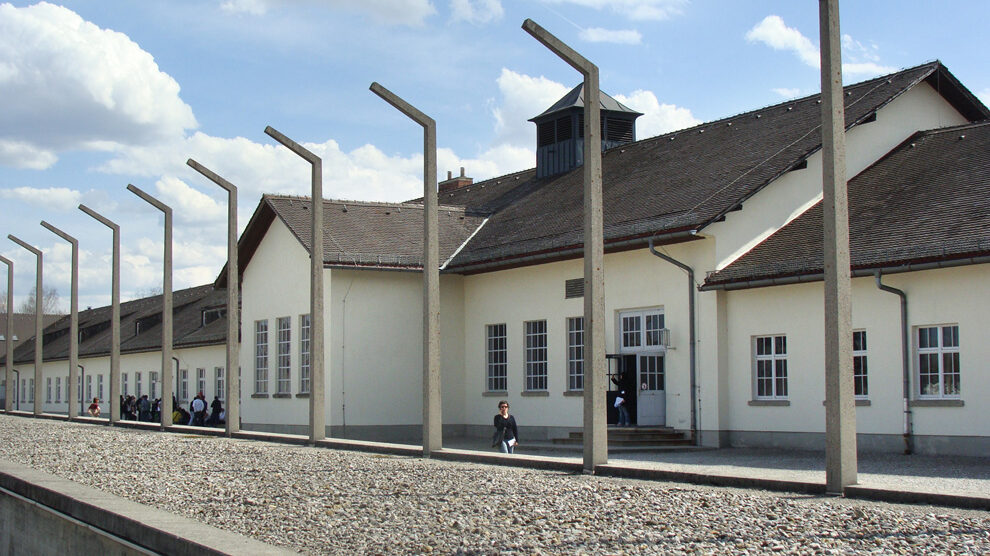
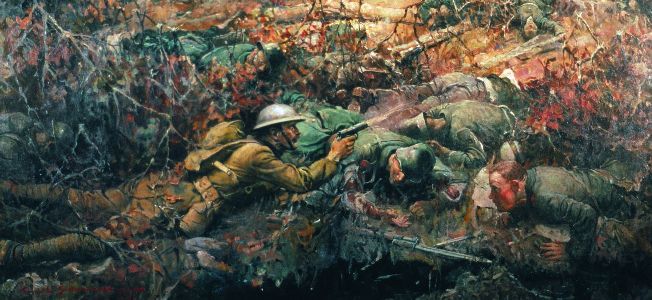
This article is slightly biased, and this is why:
Trotsky, Lenin, Stalin and the Bolsheviks effectively abolished the office of emperor (by murdering him and all his family – and a huge bulk of Russian people along with them) and concentrated political power and authority in themselves. They robbed the Russian and Ukrainian peasants blind to sell as much of their produce as possible to buy as much knowledge and technology from the USA (Albert Kahn and co.) to embark on campaign of military rearmament. He subsequently captured all of Eastern Europe, earning tacit approval of the Western “democratic” powers, whose active collaboration made all of his bloodthirsty dreams possible.
Stalin and his tribe of minions persecuted tens of millions of Russians at home, intimidated the leaders of other European nations and of the whole world, openly stating his desire to conquer by military force the whole planet, exterminate the intelligentsia in all countries and replace it with his own team of insane Marxist henchmen.
Using Hitler to his advantage, within weeks he occupied much of Western Europe.
Stalin was guilty of many strategic blunders, particularly mass murders of his own military commanders by the 100s and 1000s, mass murders of 100s of thousands of Russian soldiers for their refusal to fight for this tyrannical s-o-b, and a string of military blunders per se, falling victim to the same tactic of the enemy, again and again, coupled with a completely psychopathic contempt for the lives of his own soldiers.
On March 5, 1953, Josef Stalin was murdered by his own power-hungry minions.
Josef Stalin’s legacy is one of genocide, murder, and unspeakable cruelty. He remains the most infamous dictator in human history.
At the same time, nowadays, his crimes are being whitewashed by wikipedia, controlled media and much of the “alternative” media as well. Which sort of makes one suspicious whether Hitler really was the ultimate evil on this planet…